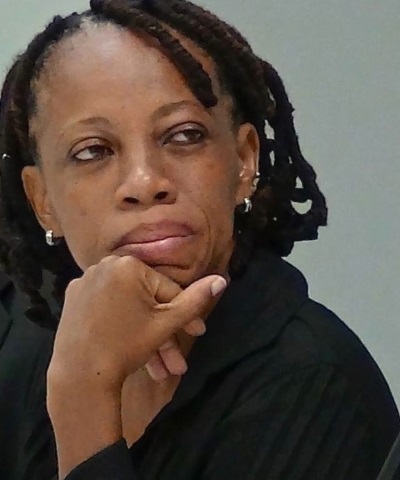By Dr. Rhoda Arrindell
 PHILIPSBURG:--- As a St. Martiner since 1966, a University of St. Martin lecturer since 1989, and a member of the Independence for St. Martin Foundation since 1994, I have talked with hundreds of students, lectured at countless conferences, and sat in countless more meetings regarding the topic of independence. I dare say that with few exceptions, people in St. Martin acknowledge that independence is the only way for our people to realize our full potential, and for St. Martin to take its rightful place on the regional stage. However, this acknowledgment of “independence, yes” is often followed by a “BUT” statement, or what I would like to think of as the “But Uncertainty Too” statement.
PHILIPSBURG:--- As a St. Martiner since 1966, a University of St. Martin lecturer since 1989, and a member of the Independence for St. Martin Foundation since 1994, I have talked with hundreds of students, lectured at countless conferences, and sat in countless more meetings regarding the topic of independence. I dare say that with few exceptions, people in St. Martin acknowledge that independence is the only way for our people to realize our full potential, and for St. Martin to take its rightful place on the regional stage. However, this acknowledgment of “independence, yes” is often followed by a “BUT” statement, or what I would like to think of as the “But Uncertainty Too” statement.
Past BUT statements have included “we’re too small” and “we don’t have anything to survive on.” Over the years, as our people have become better informed, these statements have disappeared and have been replaced today by statements expressing fear related to losing the Dutch passport and others such as “not with these politicians.” What I have concluded over the years is that even if people were assured that they could have multiple nationalities in an independent St. Martin, or if the Christian Council were to replace the entire cadre of current politicians, there would still be those who fear Independence. This may be natural.
What is not natural, though, is to choose to have another in charge of your destiny—as a person or nation—making decisions on your behalf, not in your interest, and often without your voluntary consent. This is not natural to any other species in the animal kingdom nor to other peoples on planet earth, many dying in defense of their inalienable right to self-governance. Likewise, there is no evidence in history of a colonizing force ever exercising control purely in the interest of the colonized people.
It is natural for people to fear the unknown when they cannot foresee the outcome, and change is risky. However, the “Independence, BUT” statement speaks to a bigger issue: the aftereffect of colonization. When a dominant group, which perceives itself as superior, is able to convince another, subordinate group of this latter group’s inferiority and the subordinate group then internalizes this belief and behaves accordingly, the results are detrimental to the subordinate group. Frantz Fanon, the Martiniquan author of Black Skin, White Masks, hit the nail on the head in his psychoanalysis when he wrote that “The oppressed will always believe the worst about themselves.” This is how colonization works because a colonized mind will never be able to see its own potential as it has internalized its inferiority after centuries of colonization.
Independence is about decolonization of the mind. While some will argue that they are no longer enslaved or that no one can really control their minds because they have freedom of choice today, it is their underestimation of how colonization works that keeps them from taking that extra step toward Independence.
Marcus Garvey wrote in 1937, “We are going to emancipate ourselves from mental slavery because whilst others might free the body, none but ourselves can free the mind.” This is a slogan that many repeats conveniently at times like Emancipation Day observances or as an excuse to not act. However, Emancipation of the mind is not a once-in-a-while thing. Emancipation is inextricably linked to Independence, and it is an ongoing process, which starts with Self. The truly emancipated mind knows no “buts.”












